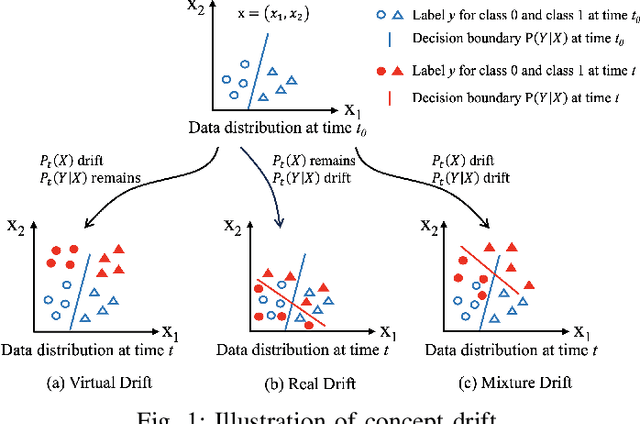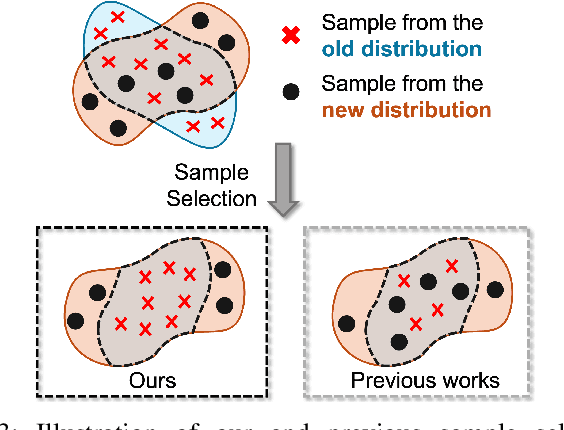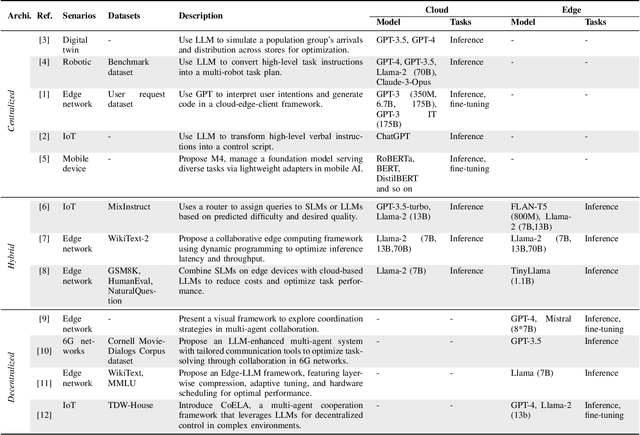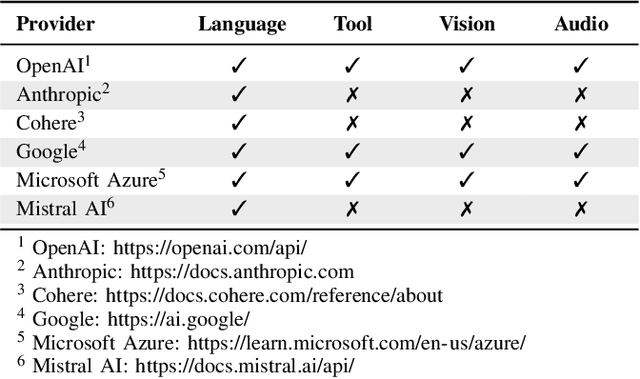Handi Chen
NoteIt: A System Converting Instructional Videos to Interactable Notes Through Multimodal Video Understanding
Aug 20, 2025



Abstract:Users often take notes for instructional videos to access key knowledge later without revisiting long videos. Automated note generation tools enable users to obtain informative notes efficiently. However, notes generated by existing research or off-the-shelf tools fail to preserve the information conveyed in the original videos comprehensively, nor can they satisfy users' expectations for diverse presentation formats and interactive features when using notes digitally. In this work, we present NoteIt, a system, which automatically converts instructional videos to interactable notes using a novel pipeline that faithfully extracts hierarchical structure and multimodal key information from videos. With NoteIt's interface, users can interact with the system to further customize the content and presentation formats of the notes according to their preferences. We conducted both a technical evaluation and a comparison user study (N=36). The solid performance in objective metrics and the positive user feedback demonstrated the effectiveness of the pipeline and the overall usability of NoteIt. Project website: https://zhaorunning.github.io/NoteIt/
Continual Learning with Strategic Selection and Forgetting for Network Intrusion Detection
Dec 20, 2024



Abstract:Intrusion Detection Systems (IDS) are crucial for safeguarding digital infrastructure. In dynamic network environments, both threat landscapes and normal operational behaviors are constantly changing, resulting in concept drift. While continuous learning mitigates the adverse effects of concept drift, insufficient attention to drift patterns and excessive preservation of outdated knowledge can still hinder the IDS's adaptability. In this paper, we propose SSF (Strategic Selection and Forgetting), a novel continual learning method for IDS, providing continuous model updates with a constantly refreshed memory buffer. Our approach features a strategic sample selection algorithm to select representative new samples and a strategic forgetting mechanism to drop outdated samples. The proposed strategic sample selection algorithm prioritizes new samples that cause the `drifted' pattern, enabling the model to better understand the evolving landscape. Additionally, we introduce strategic forgetting upon detecting significant drift by discarding outdated samples to free up memory, allowing the incorporation of more recent data. SSF captures evolving patterns effectively and ensures the model is aligned with the change of data patterns, significantly enhancing the IDS's adaptability to concept drift. The state-of-the-art performance of SSF on NSL-KDD and UNSW-NB15 datasets demonstrates its superior adaptability to concept drift for network intrusion detection.
BF-Meta: Secure Blockchain-enhanced Privacy-preserving Federated Learning for Metaverse
Oct 29, 2024



Abstract:The metaverse, emerging as a revolutionary platform for social and economic activities, provides various virtual services while posing security and privacy challenges. Wearable devices serve as bridges between the real world and the metaverse. To provide intelligent services without revealing users' privacy in the metaverse, leveraging federated learning (FL) to train models on local wearable devices is a promising solution. However, centralized model aggregation in traditional FL may suffer from external attacks, resulting in a single point of failure. Furthermore, the absence of incentive mechanisms may weaken users' participation during FL training, leading to degraded performance of the trained model and reduced quality of intelligent services. In this paper, we propose BF-Meta, a secure blockchain-empowered FL framework with decentralized model aggregation, to mitigate the negative influence of malicious users and provide secure virtual services in the metaverse. In addition, we design an incentive mechanism to give feedback to users based on their behaviors. Experiments conducted on five datasets demonstrate the effectiveness and applicability of BF-Meta.
Towards Edge General Intelligence via Large Language Models: Opportunities and Challenges
Oct 16, 2024



Abstract:Edge Intelligence (EI) has been instrumental in delivering real-time, localized services by leveraging the computational capabilities of edge networks. The integration of Large Language Models (LLMs) empowers EI to evolve into the next stage: Edge General Intelligence (EGI), enabling more adaptive and versatile applications that require advanced understanding and reasoning capabilities. However, systematic exploration in this area remains insufficient. This survey delineates the distinctions between EGI and traditional EI, categorizing LLM-empowered EGI into three conceptual systems: centralized, hybrid, and decentralized. For each system, we detail the framework designs and review existing implementations. Furthermore, we evaluate the performance and throughput of various Small Language Models (SLMs) that are more suitable for development on edge devices. This survey provides researchers with a comprehensive vision of EGI, offering insights into its vast potential and establishing a foundation for future advancements in this rapidly evolving field.
 Add to Chrome
Add to Chrome Add to Firefox
Add to Firefox Add to Edge
Add to Edge